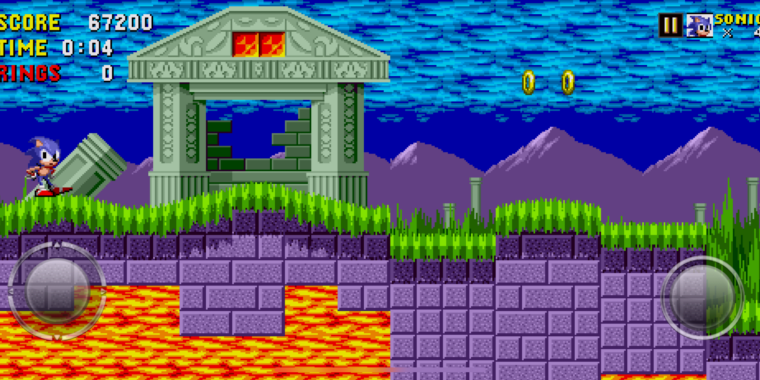Apple’s App Store Policy Update
Apple recently released an update to its App Store’s app review and submission policies for developers. The main highlight of this update is the introduction of language that appears to permit a new category of apps designed for emulating retro console games.
New Opportunities for Developers
Historically, Apple has had strict restrictions against apps that run code from an external source. However, the new policy changes announced now allow for certain exceptions. Developers are now allowed to include “software that is not embedded in the binary” under certain circumstances. Notably, “retro game console emulator apps can offer to download games” is specifically listed as one of these exceptions.
Here is the exact wording from Apple’s developer guidelines:
4.7 Mini apps, mini games, streaming games, chatbots, plug-ins, and game emulators
Apps may offer certain software that is not embedded in the binary, specifically HTML5 mini apps and mini games, streaming games, chatbots, and plug-ins. Additionally, retro game console emulator apps can offer to download games. Developers are responsible for all software offered in their apps, ensuring compliance with the guidelines and relevant laws. Non-compliance will result in app rejection. Additional rules in sections 4.7.1 and 4.7.5 must also be followed to maintain the App Store customer experience and user safety.
Implications of the Policy Update
While the exact implications of this policy change are not entirely clear, it may not permit the same level of freedom seen with emulators on Android and desktop platforms. These traditional emulators allow users to play retro games from various external sources.
Retro game emulators typically run ROM files, which are digital copies of the game cartridges or discs used on original console hardware. The legal status of ROM files downloaded from online sources varies depending on factors such as ownership, copyright, and licensing.
There are different types of ROM files, ranging from public domain content to copyrighted material with active ownership. Game publishers often use emulators to run ROMs of their own retro games, selling them to consumers through modern platforms.
Based on Apple’s guidelines, it appears that companies owning the intellectual property of retro games may launch emulator apps for downloading ROMs of their own games. For example, Sega could offer an app allowing users to access a library of Sega games. This approach could involve subscriptions, free downloads, or in-app purchases.
Apple’s message to developers emphasizes the responsibility of ensuring compliance with guidelines and laws, particularly for the distribution of software in their apps. While the policy explicitly allows retro game console emulator apps to offer game downloads, it does not outline other methods for these apps.
Global Impact of the Update
This policy update from Apple is not limited to a specific region like the European Union. The tech giant has faced regulatory scrutiny in both the EU and the US over its App Store policies. It is possible that Apple made these changes proactively to address potential criticism in this area, although the company did not provide detailed reasons beyond mentioning support for updated policies and upcoming features.
Image/Photo credit: source url





